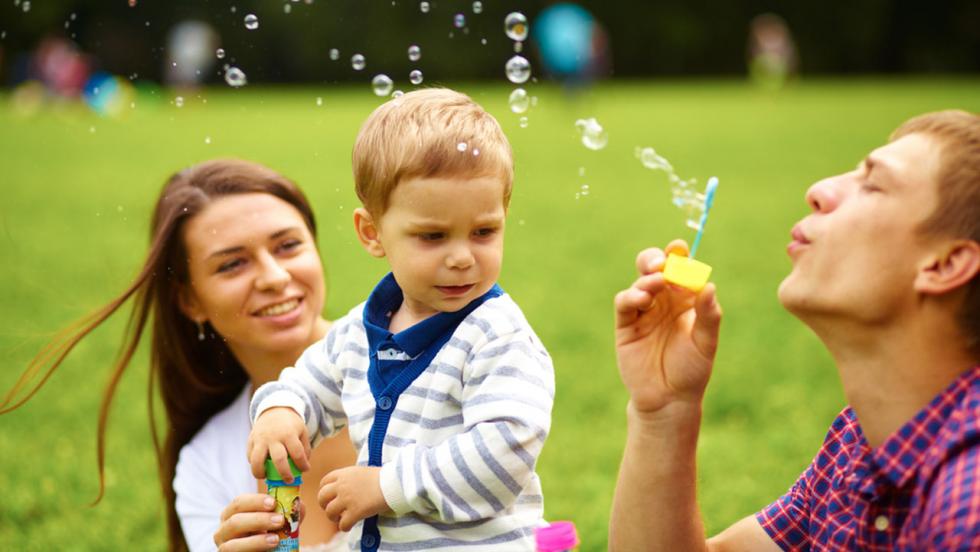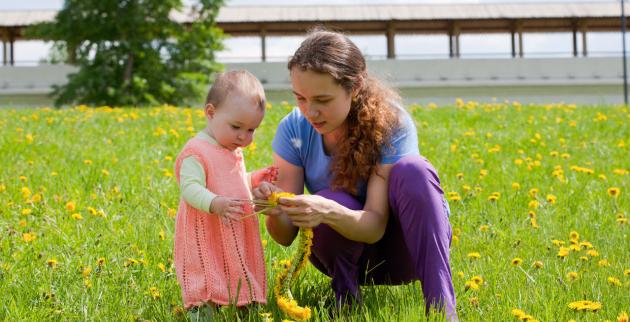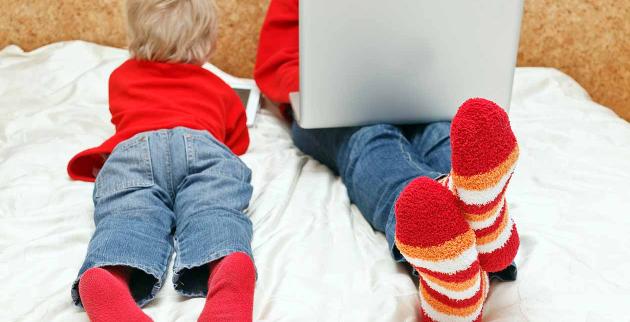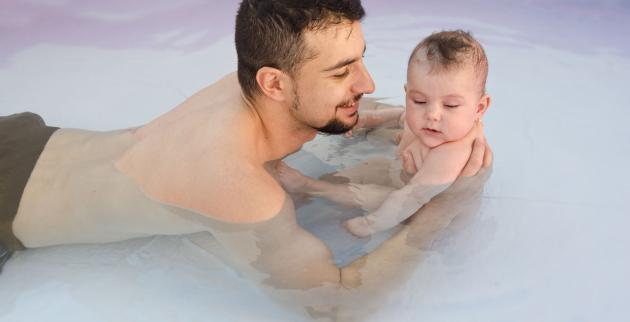Relationships for Young Parents

Everyone who is pregnant or a parent needs support and care from others.
Often a lot of this support is provided by family. Friends can also be very helpful. There is also support from professionals, like your midwife, health visitor, nursery staff and staff at pregnancy or mother and baby groups.
Good to know: The Family Nurse Partnership service help younger parents be the best parent they can be! Find out more Oxfordshire Family Nurse Partnership Service.
Housing
Many young parents choose to stay in their family home. Support from grandparents and other family members helps your wellbeing. They can also help care for baby.
Crucial: If you have concerns about whether your housing is safe and suitable for baby, discuss these with your worker, health visitor, or nurse as early as possible. Be clear about what your concerns are. No matter where you live, it needs to be safe for baby.
Support Workers
Some young parents need extra support from other workers. They may help with things like housing, learning, and other issues. Being open and honest with your workers, discussing your concerns with them, and making sure you work on problems together as early as possible means you and baby will get the best benefit.
Work and learning
You can continue with work or learning, and this will boost your wellbeing and household income.
There are benefits especially for pregnant women and those with young children, such as Healthy Start which provides vouchers for healthy food, and the Sure Start Maternity Grant.
Instant Expert: Find out more about benefits for parents in learning such as Care to Learn, Parents Learning Allowance and Childcare Grant.
Family and extended family
Parents, grandparents or other family members can be a great support during pregnancy and after baby is born.
But sometimes there may be difficulties at home.
Crucial: If you are worried about your baby's safety at home you must discuss this with a trusted adult right away. This could be your Health Visitor, GP, Family Nurse or any other worker. You can also report a concern directly.
Parental Responsibility
Mothers usually have parental responsibility. If fathers are married to the mother, then they also have parental responsibility.
If the father is not married to the mother, he can still have parental responsibility, if the parents register the birth of the child together.
Sometimes other people might have a responsibility for the child, like another relative or a worker.
Instant Expert: The two most important roles of a parent are to provide a home for the child and protect and maintain the child. Find out more about parental responsibility.
Staying safe at home
Families come in many different forms. But they should always be safe, caring spaces.
Crucial: Because domestic abuse is so risky for babies, health visitors and other professionals ask all parents some questions about it. If you need help, don't wait to be asked. You and your partner can both get support and practical help to make positive changes and keep baby safe.


